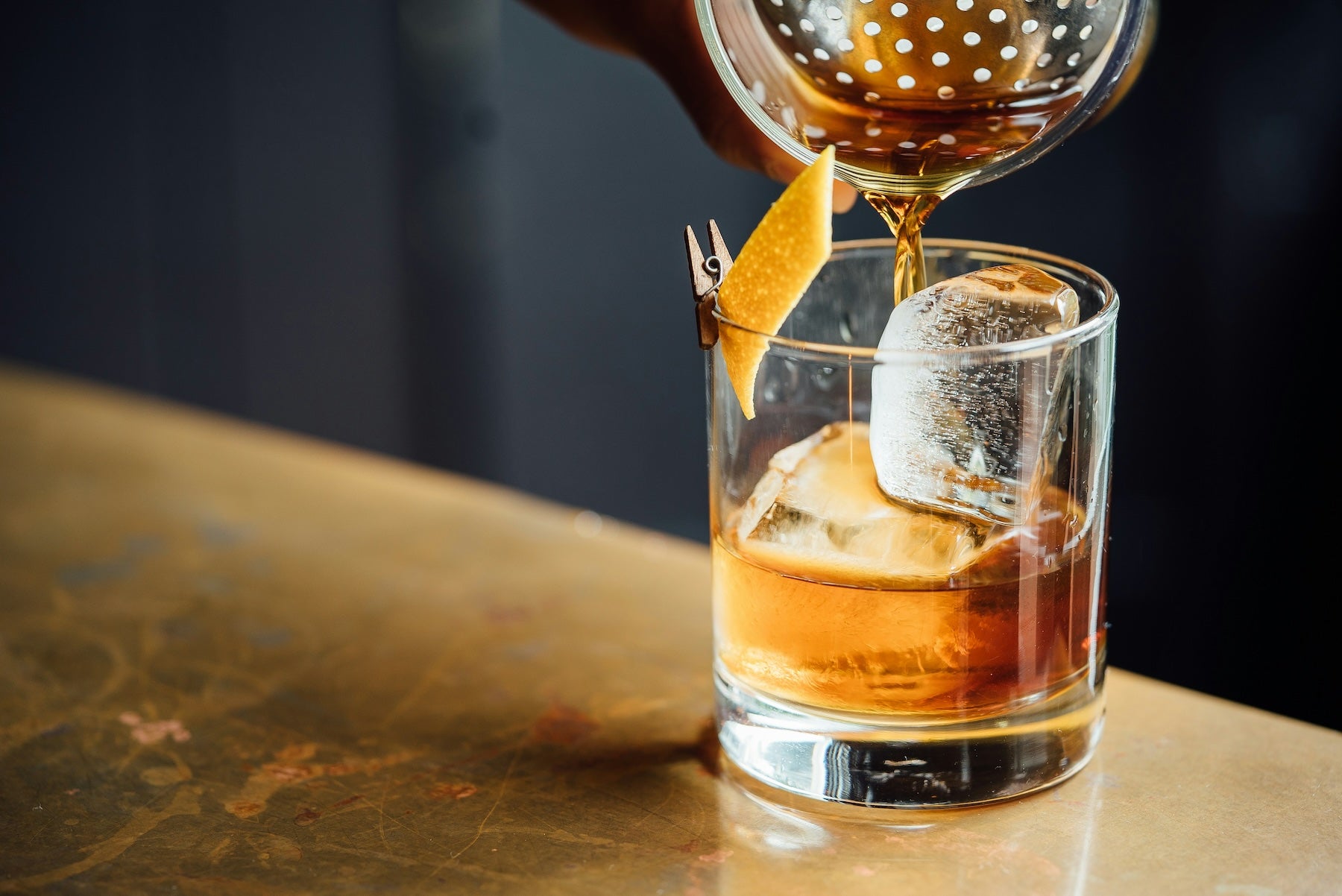
Do Whisky Distilleries Have to Protect Their Recipes and Processes?
Whisky distilleries create some of the world’s most beloved spirits. Each spirit often connects with a brand's unique identity. But how do distilleries guard their recipes and methods from competitors? How do they keep counterfeiters away from their secrets? These questions reveal the challenge behind the flavour and character of a great whisky. Let us explore.
The Unique Charm of Whisky
Every distillery possesses its own special touch. This might involve a specific mix of grains, a unique fermentation process, or the ageing method in barrels. These elements give each whisky its distinct character. Many recipes use common ingredients like barley, corn, and yeast. However, the amounts used and handling are what make all the difference.
Unlike patented technologies or copyrighted creations, food and drink recipes usually lack protection by intellectual property laws. Distilleries must creatively protect their valuable recipes, and of course, they try very hard to keep them secret.
Trade Secrets as a Shield
Distilleries protect their recipes by treating them as trade secrets. A trade secret is confidential business information that gives a company a competitive advantage, and distilleries strive to actively protect this most precious and secret information.
They often restrict access to recipes and processes and let only a few trusted employees know them. Non-disclosure agreements (NDAs) are common in this process. What it means is that these agreements stop people with insider knowledge from sharing secrets with outsiders. This strategy is implemented by many industries, including tech and food production.
Process Protection and Replication
Distilleries must safeguard their production methods. Techniques like distillation temperature, barrel ageing times, or blending steps can be just as important as the ingredients themselves. Distilleries have to protect these specifications to keep a competitive edge.
Today, protecting sensitive data goes beyond physical security. Is it worth installing antivirus software? Without a doubt. Is it worth getting a VPN? Absolutely, especially when communicating or storing sensitive information online. A VPN (virtual private network) encrypts internet connections. This encryption stops hackers from accessing private information so trade secrets can remain safe online.
Do People Steal Recipes?
A competitor might try to copy a whisky by studying its taste and composition. It's not always simple to imitate because environmental factors play a vital role in adding to a whisky's unique character. These factors include the local water, air quality in the warehouse, and the shapes of the stills. These elements make copying a recipe difficult.
Still, brands are aware of the risk of imitation. Beyond safeguarding recipes, distilleries focus on building strong branding and customer loyalty, which are harder for competitors to replicate than the whisky itself.
Balancing Secrecy and Tradition
Some distilleries choose to share parts of their process, leaning into transparency as part of their storytelling. This helps connect with customers who appreciate the craftsmanship behind their favourite spirits. However, they rarely reveal every detail, keeping the core of their recipes and methods under wraps.
Final Thoughts
In the intricate world of whisky distilling, balancing tradition, innovation, and secrecy is key. Protecting recipes, refining methods, and fostering customer loyalty ensures the enduring charm of every unique spirit.
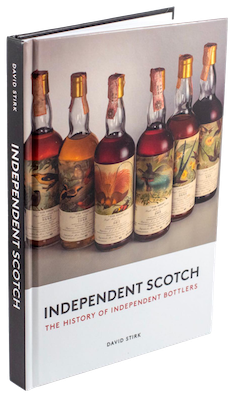
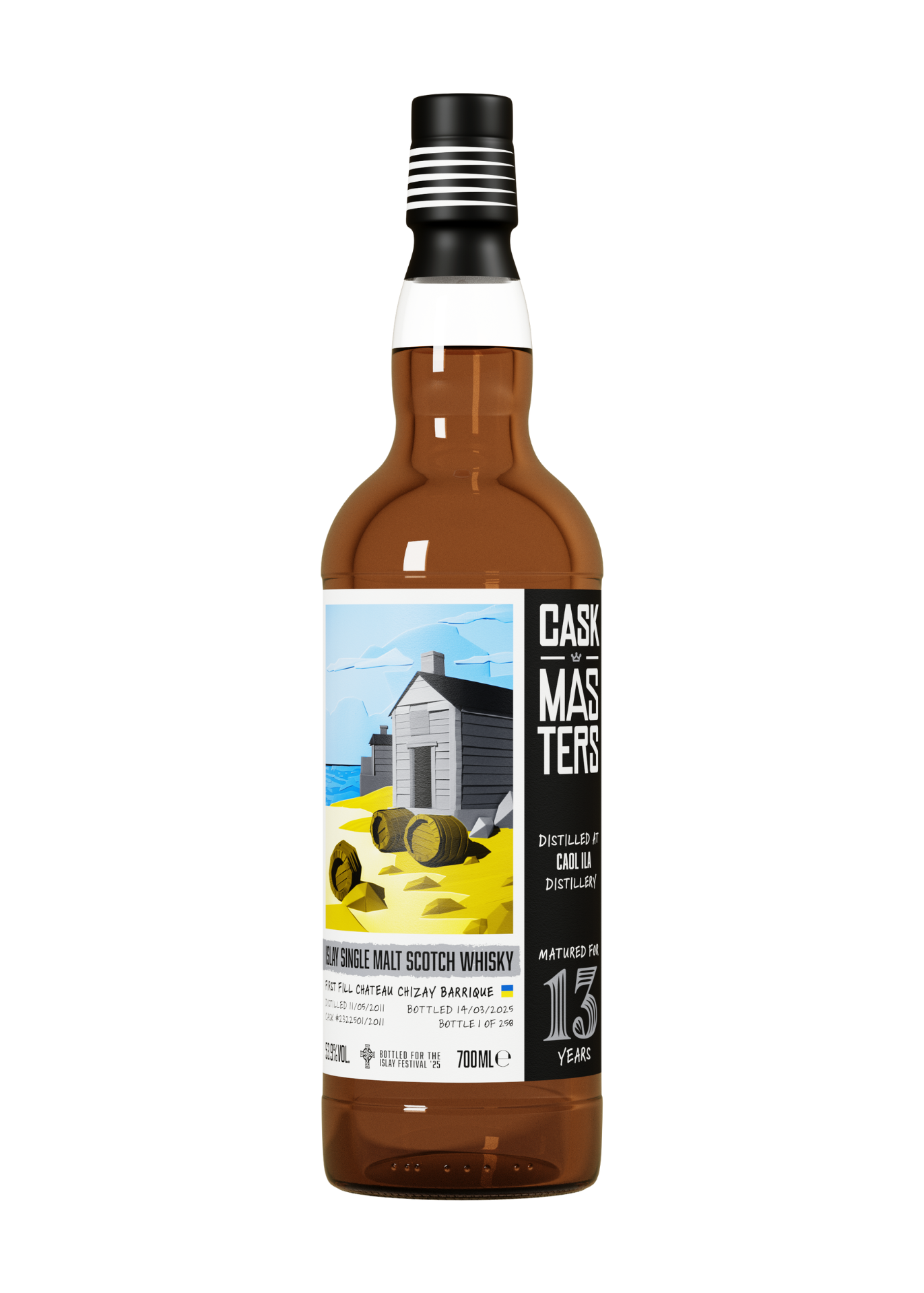
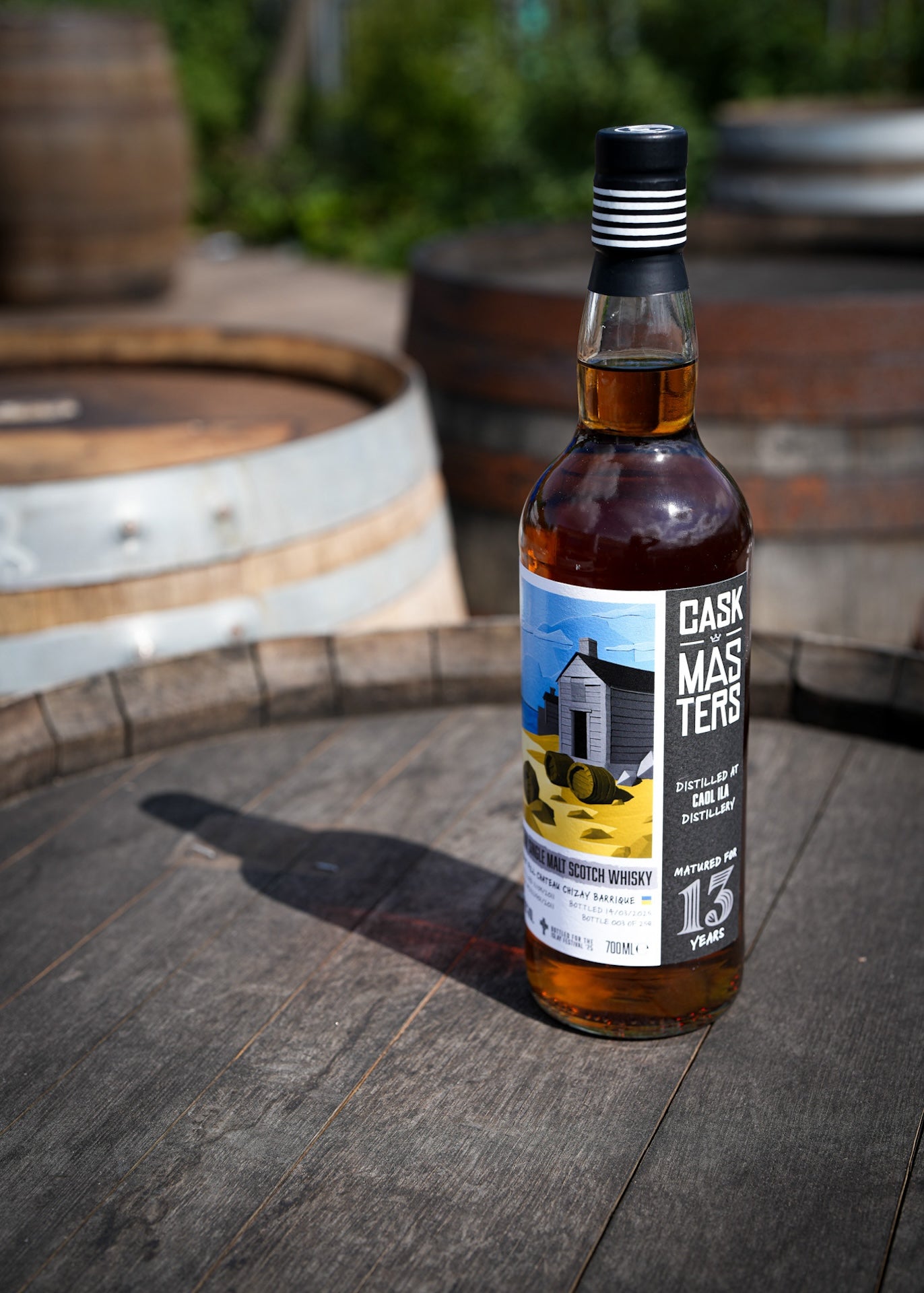
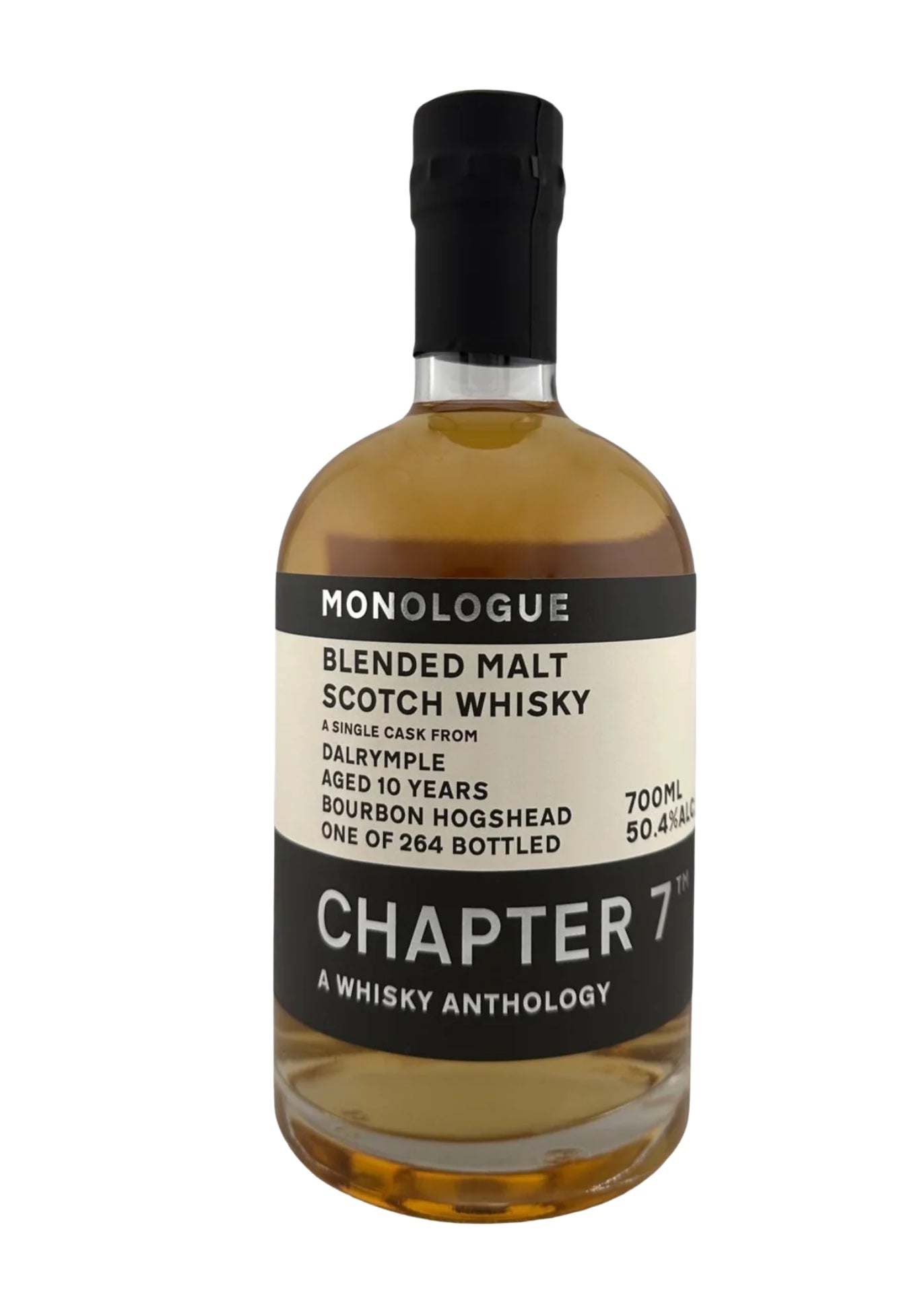
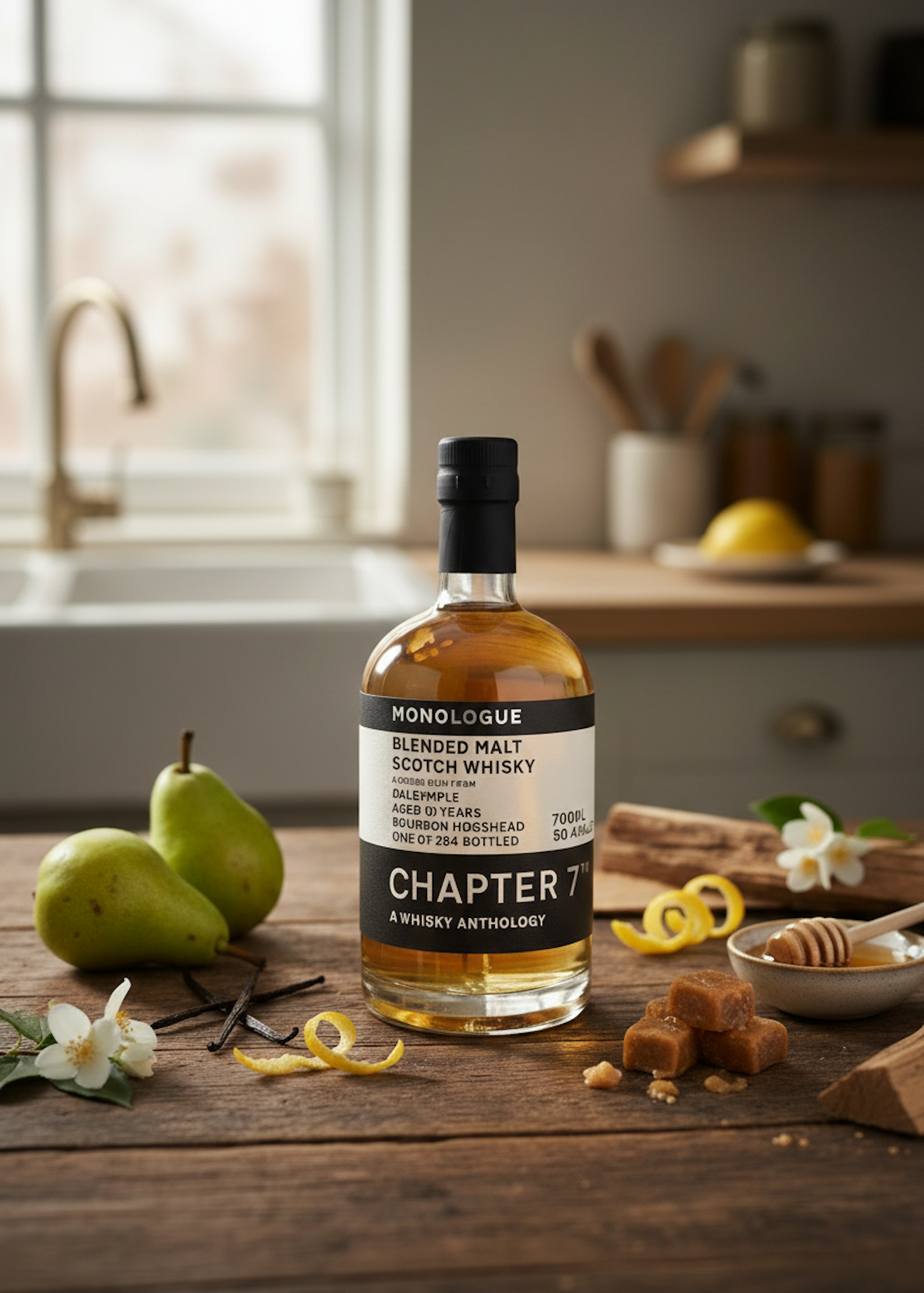
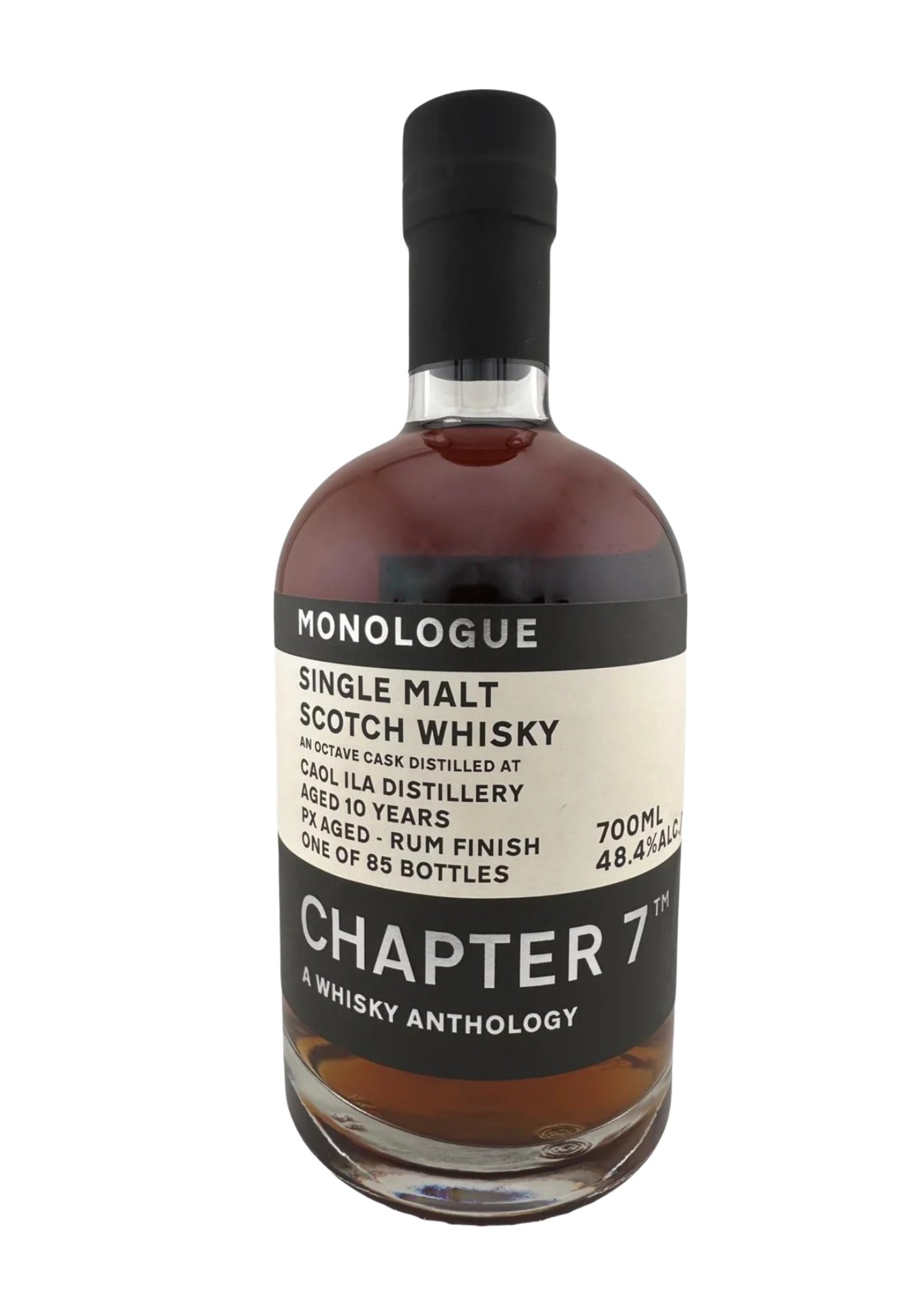
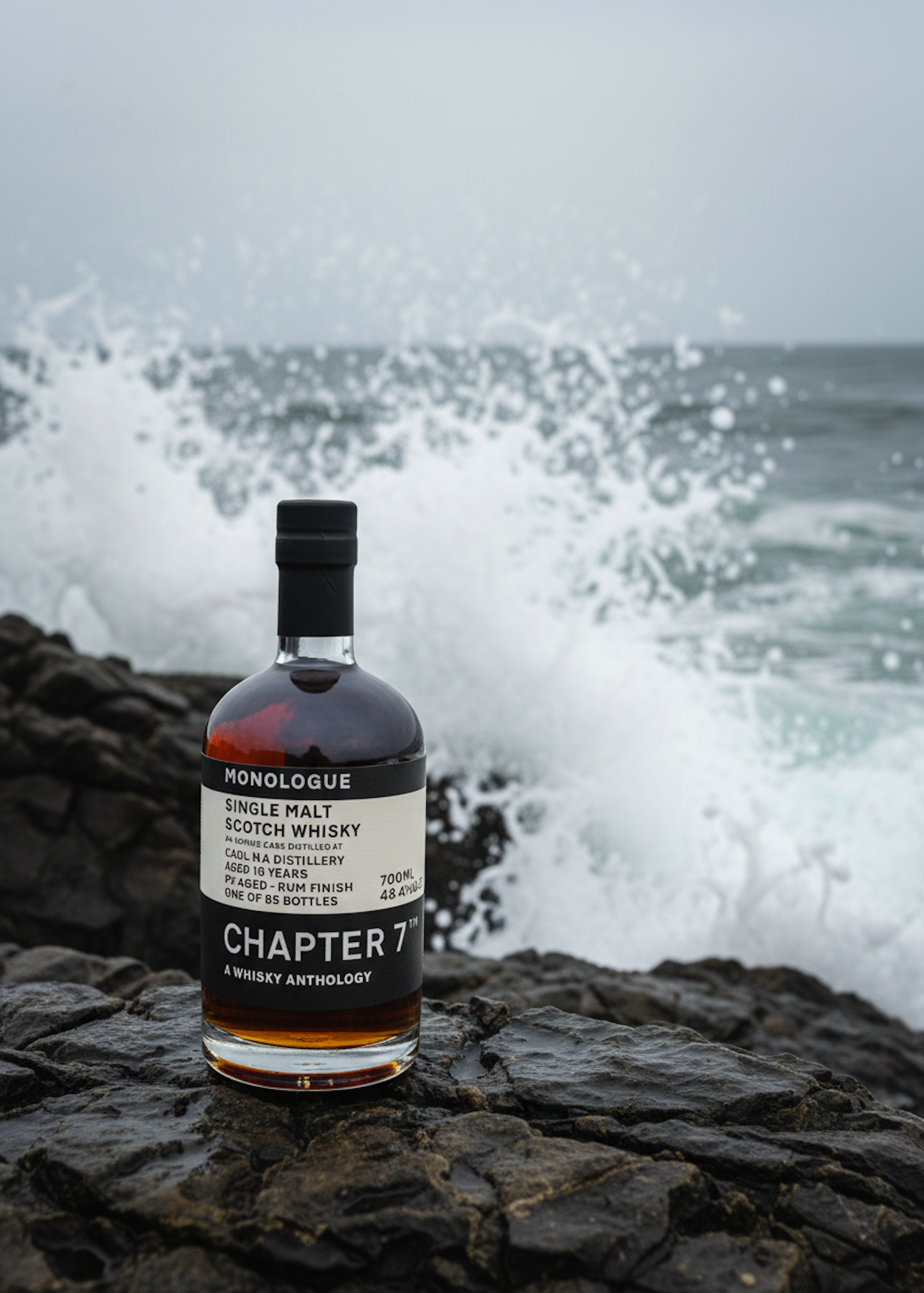
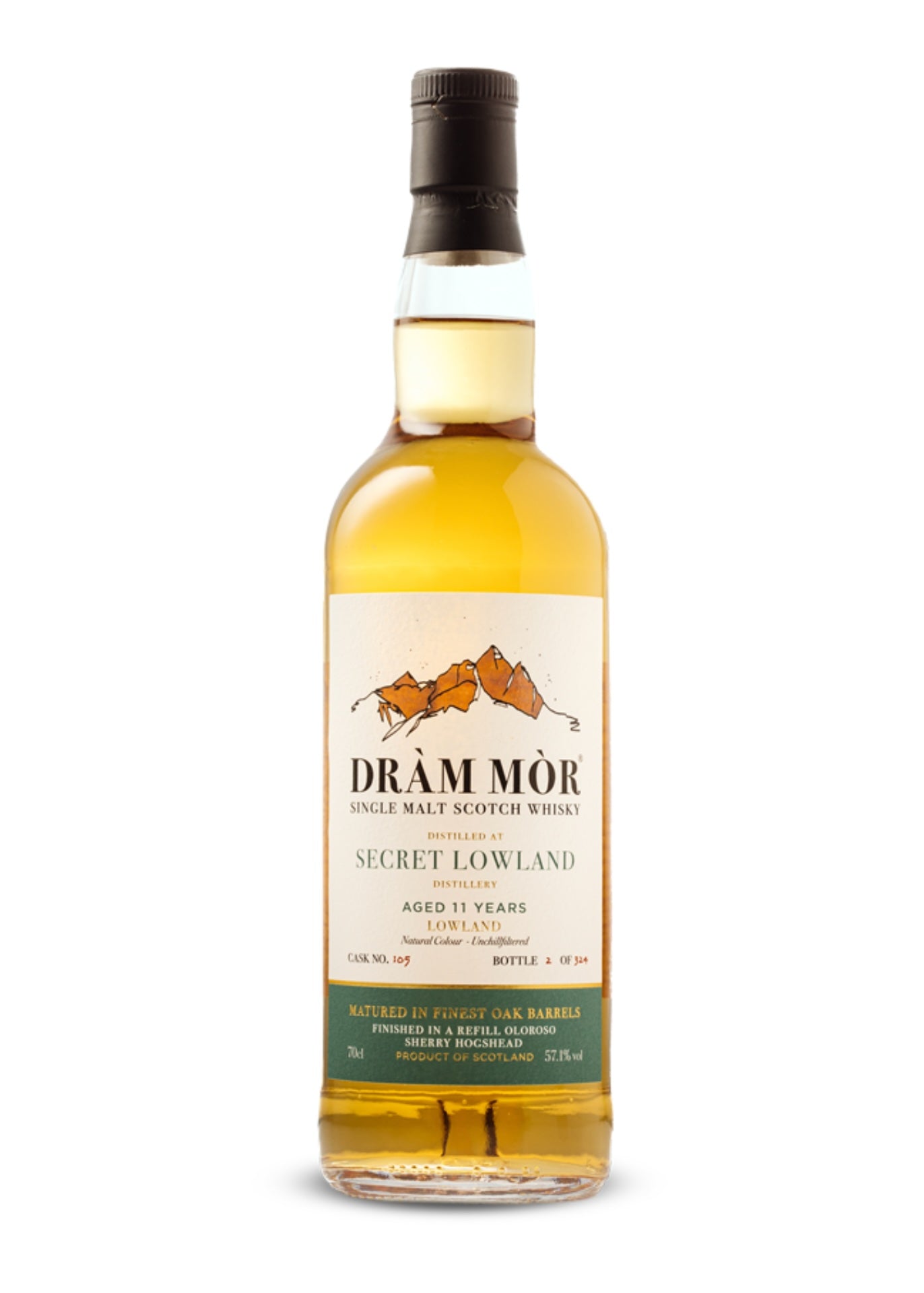
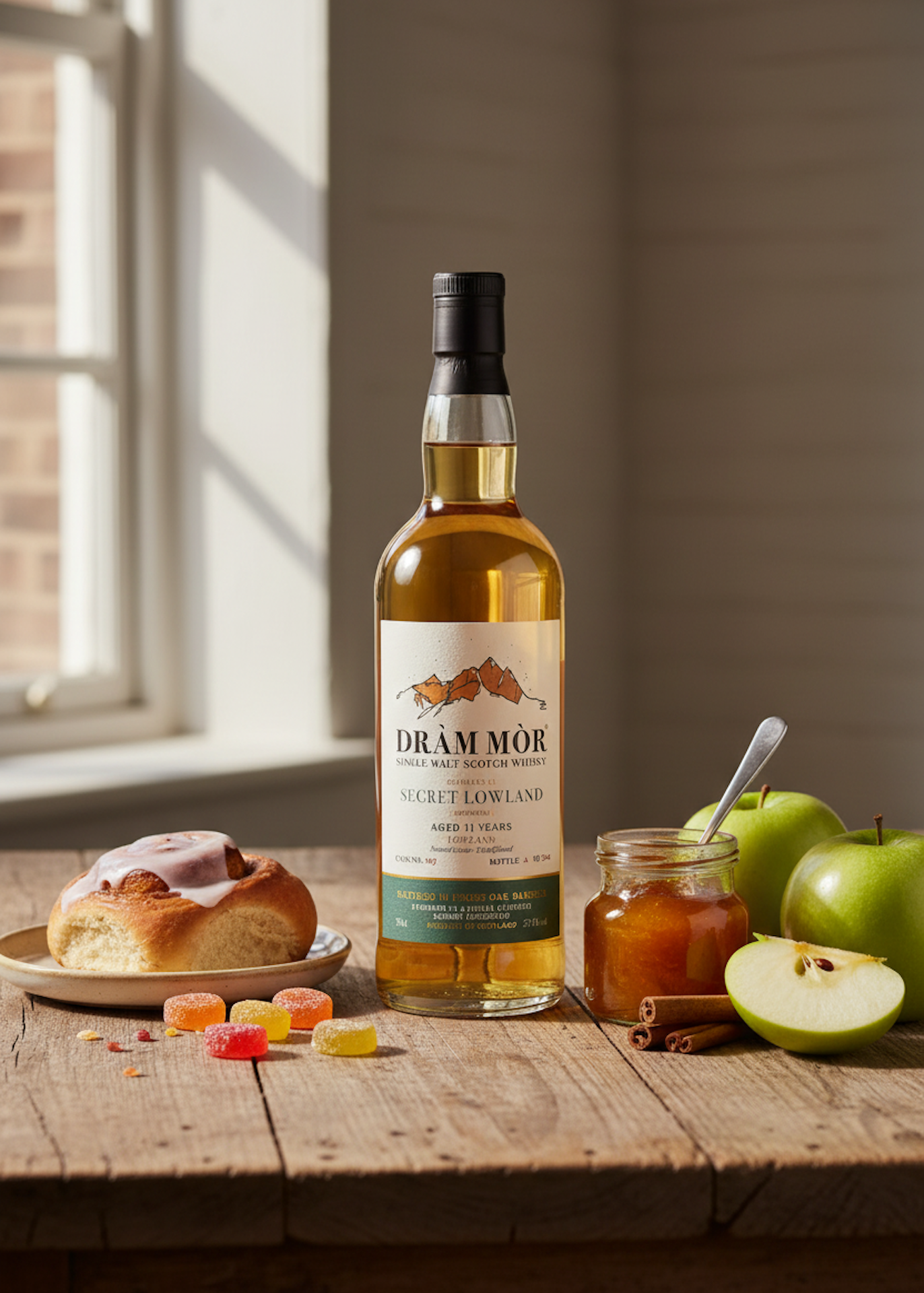
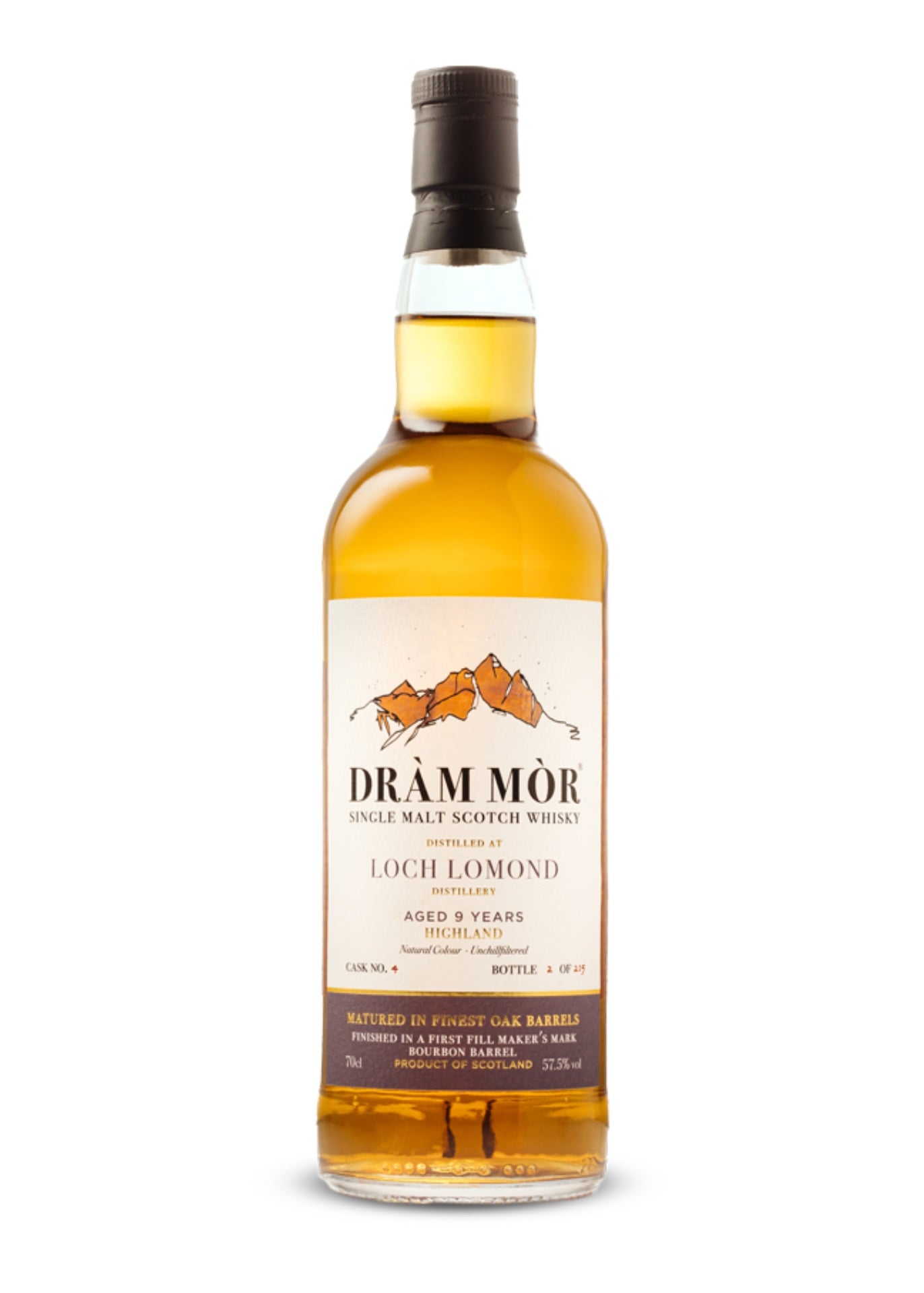
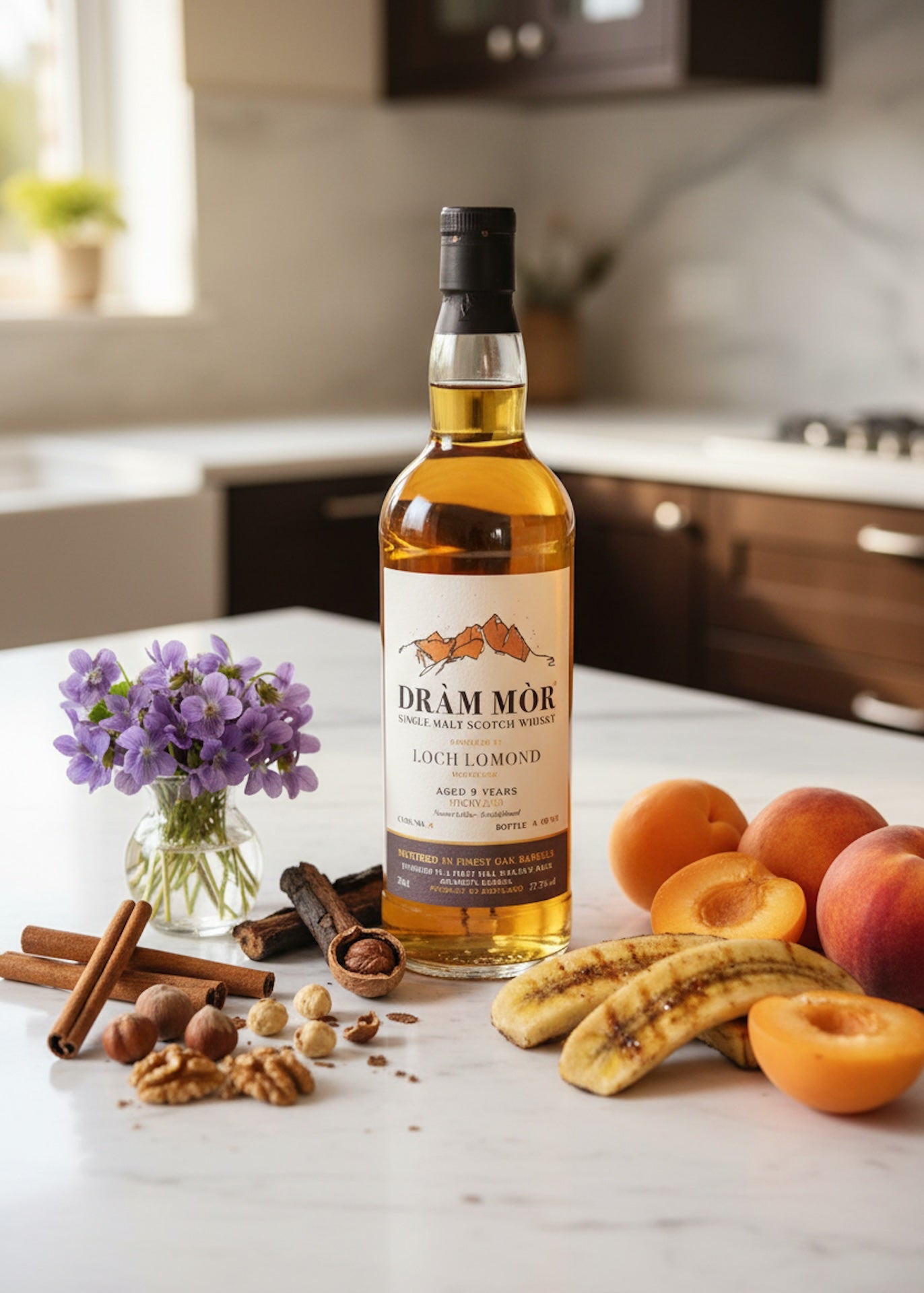
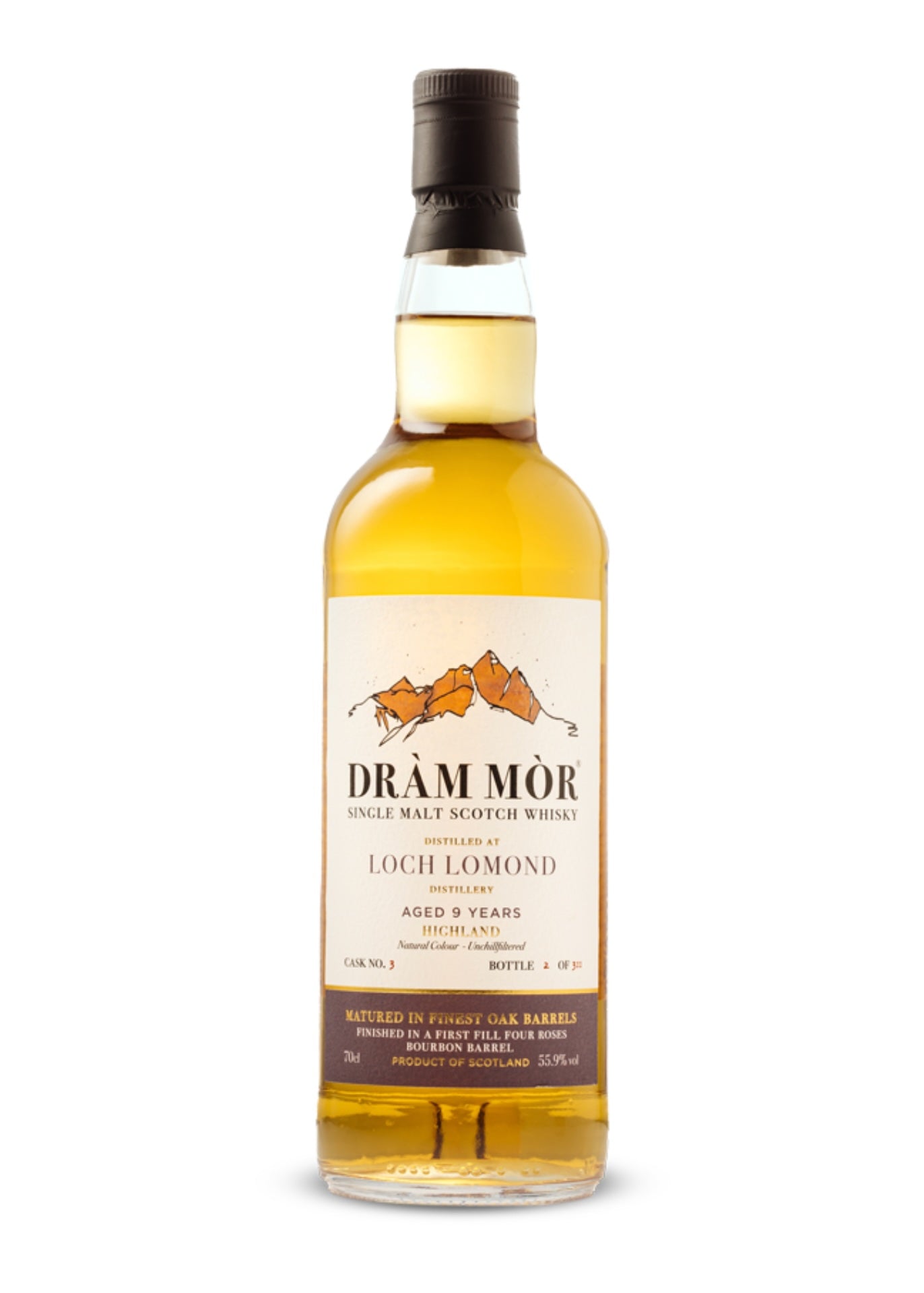
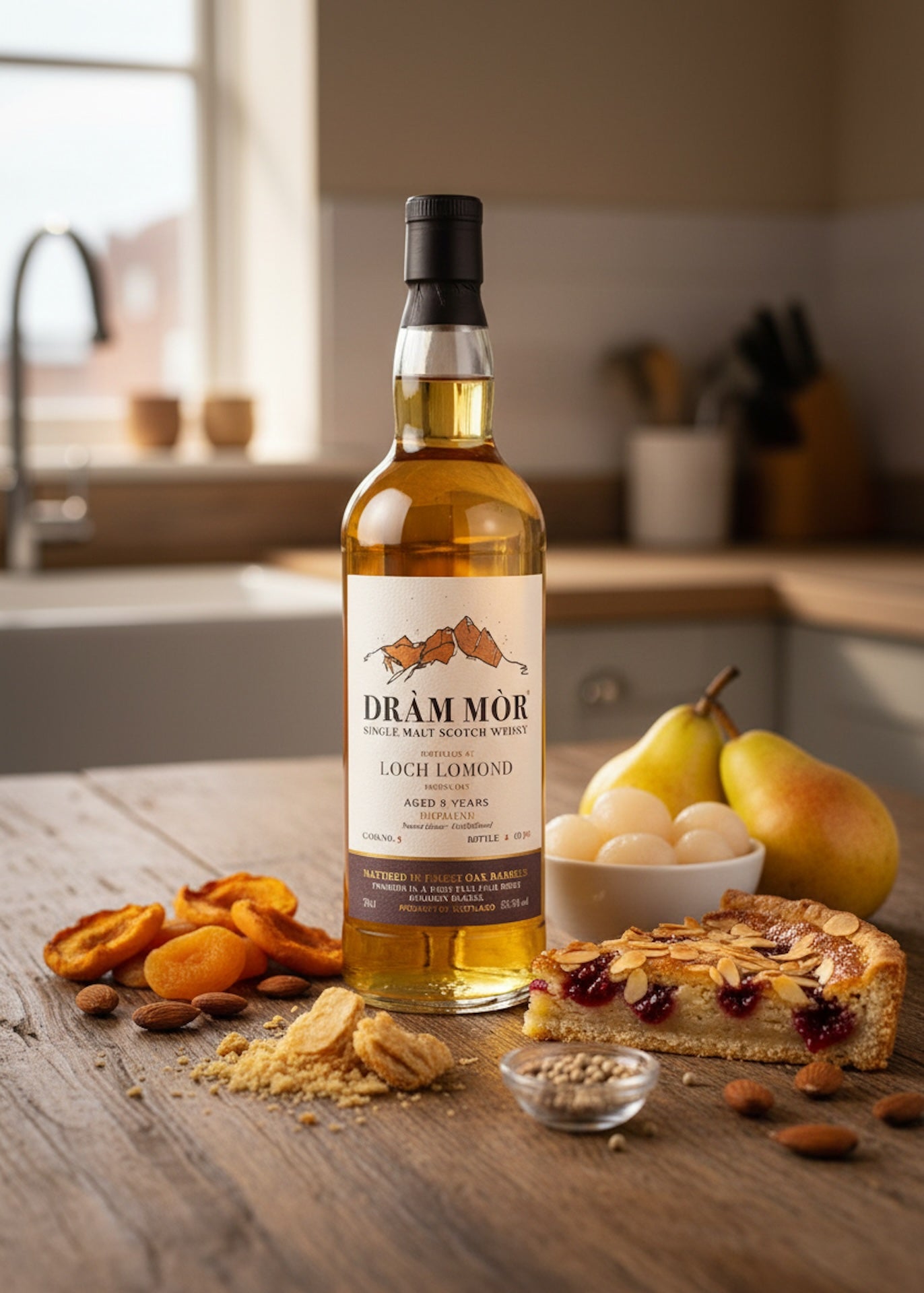
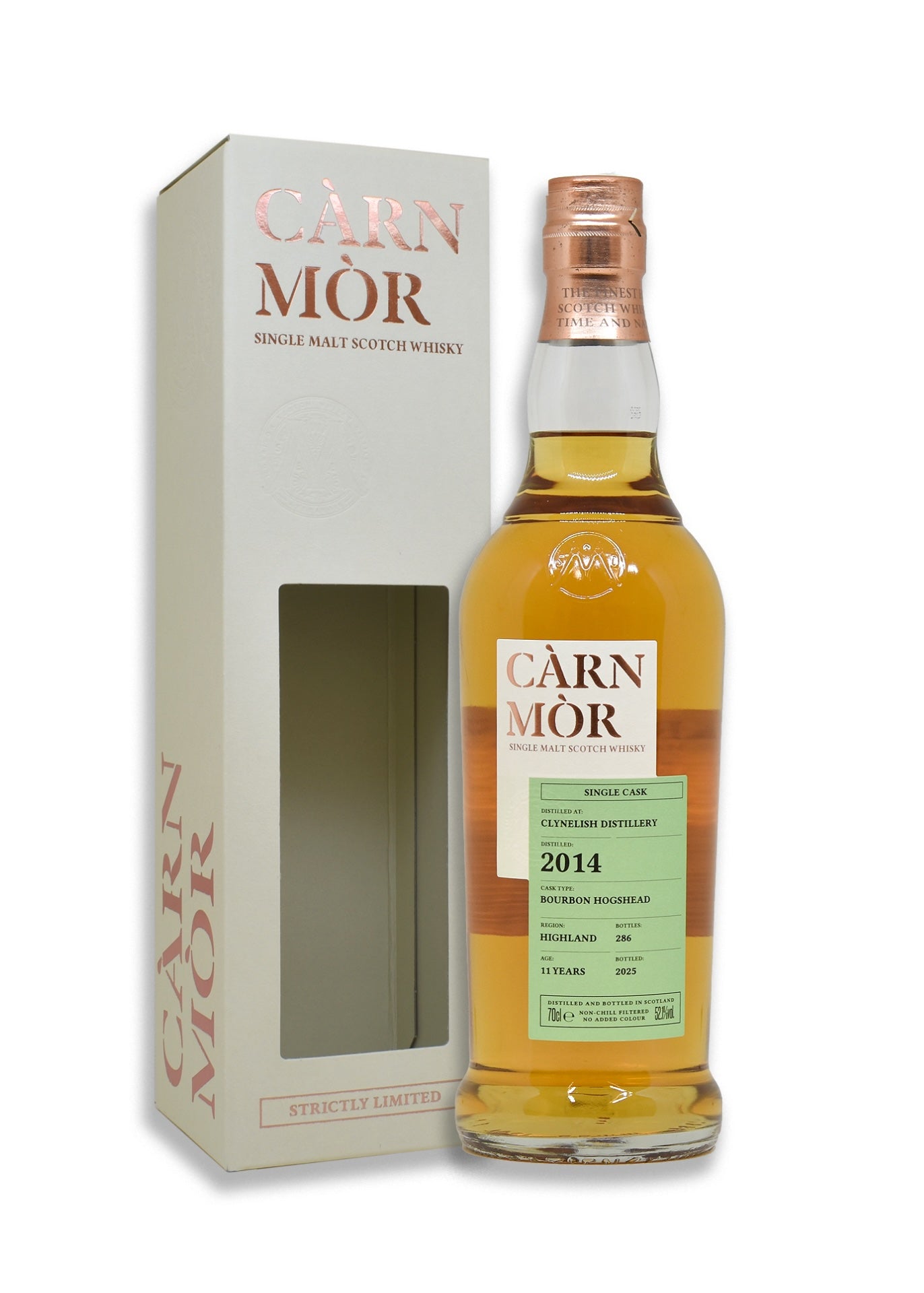
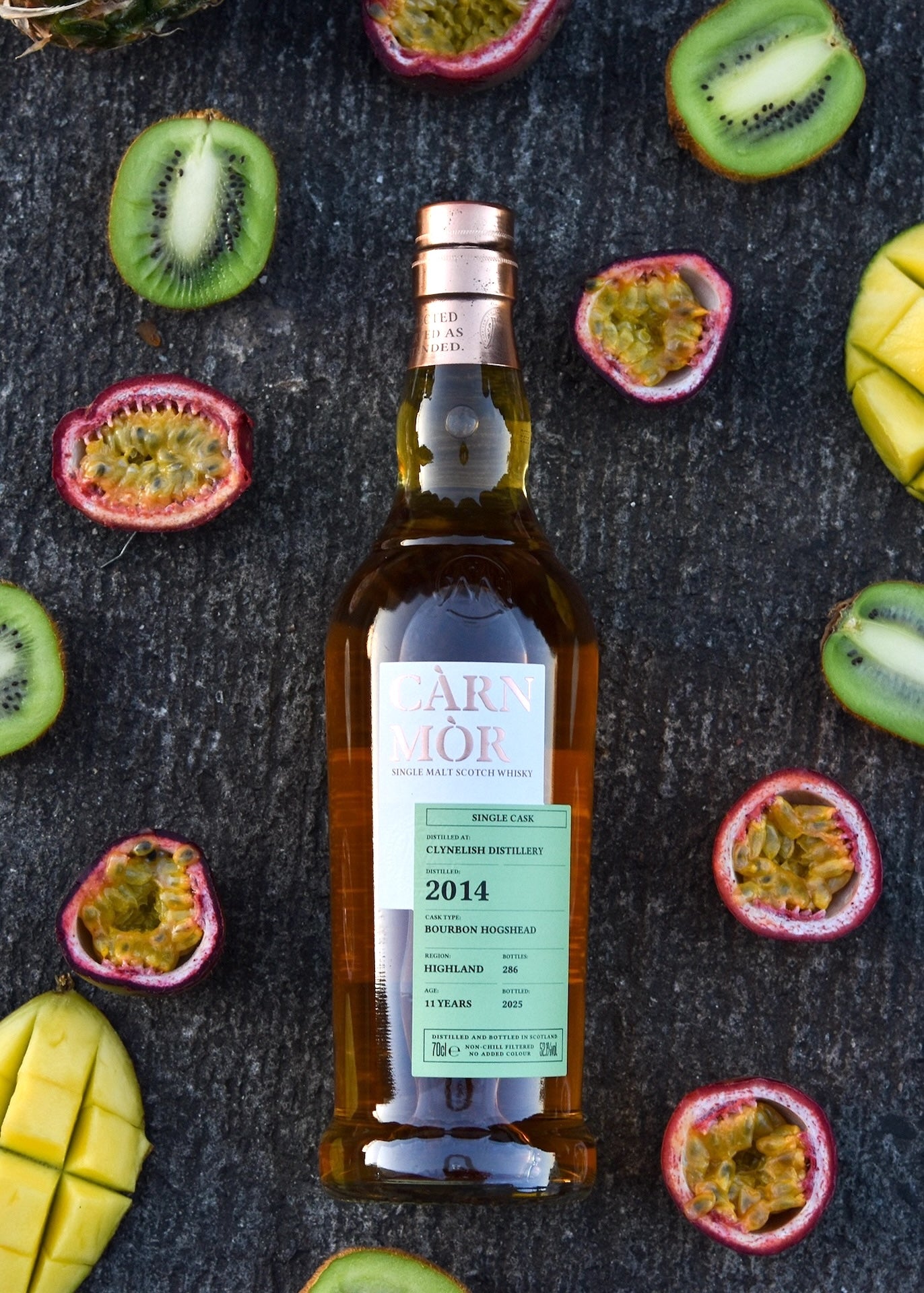
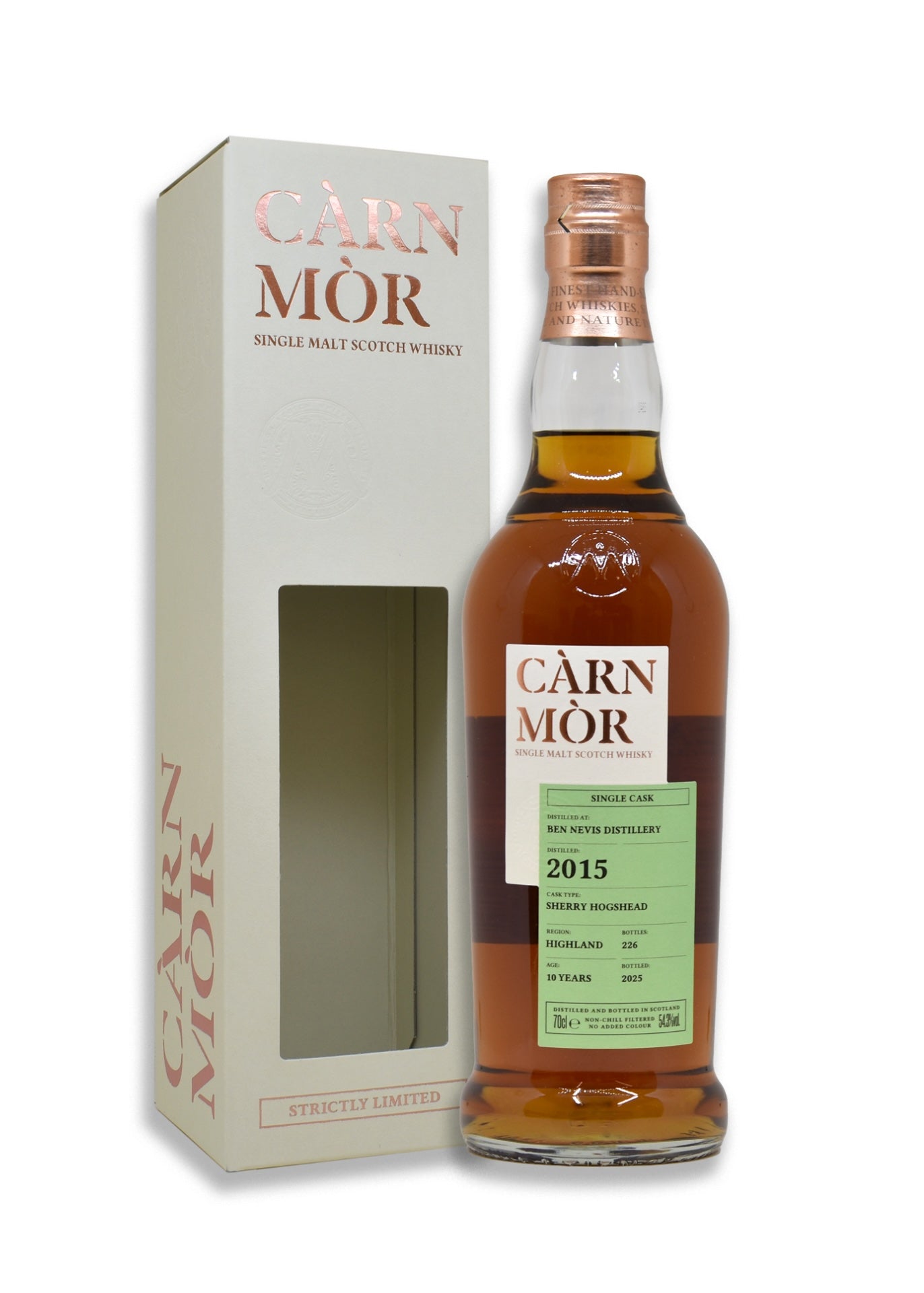
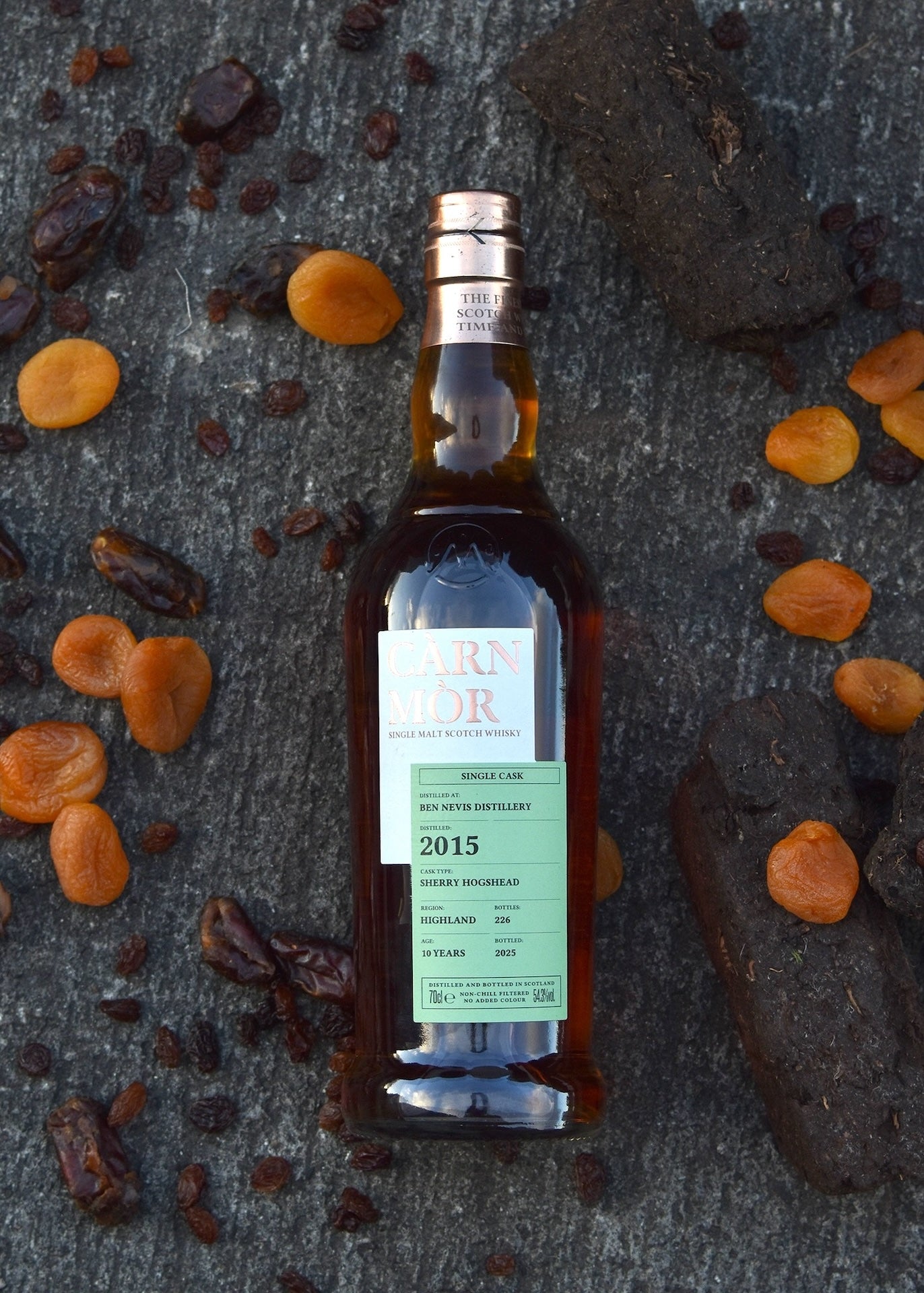
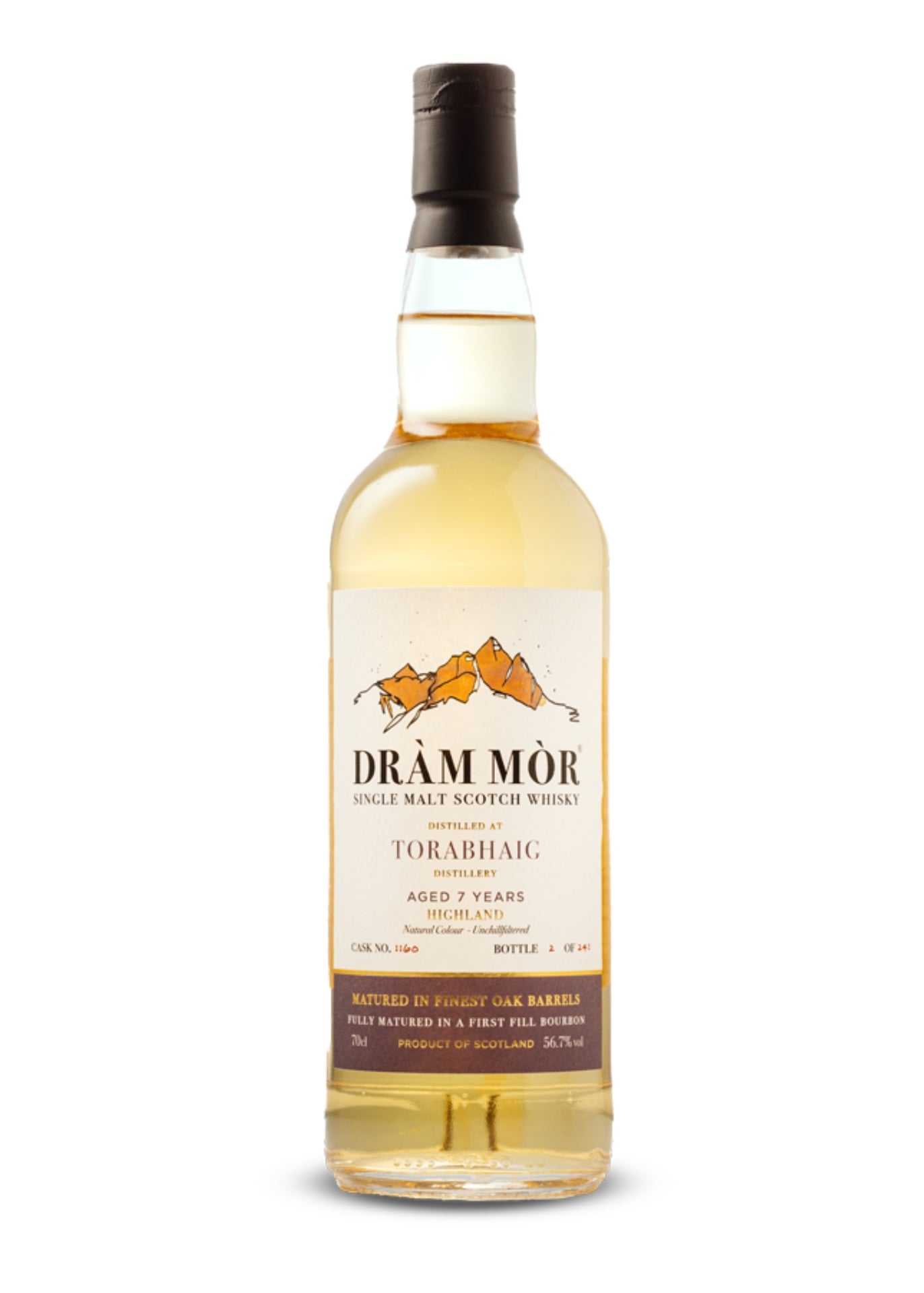
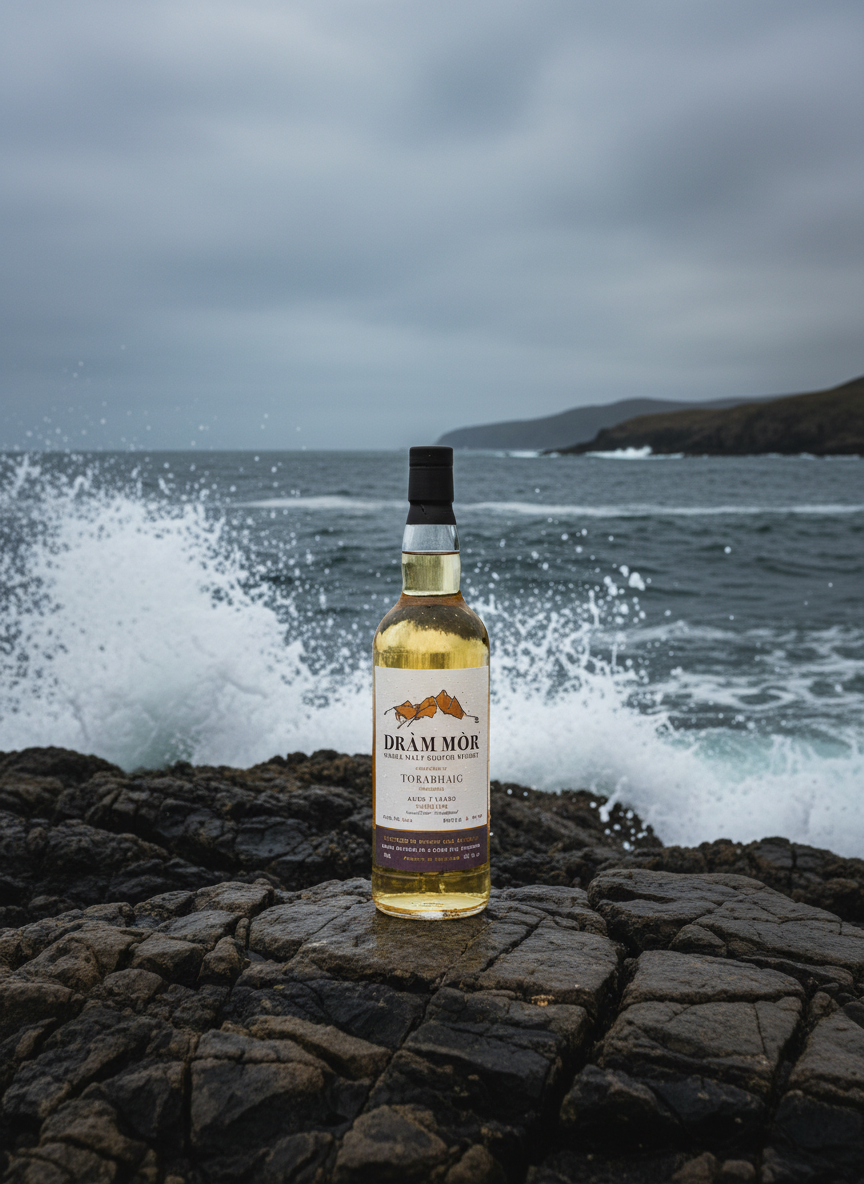
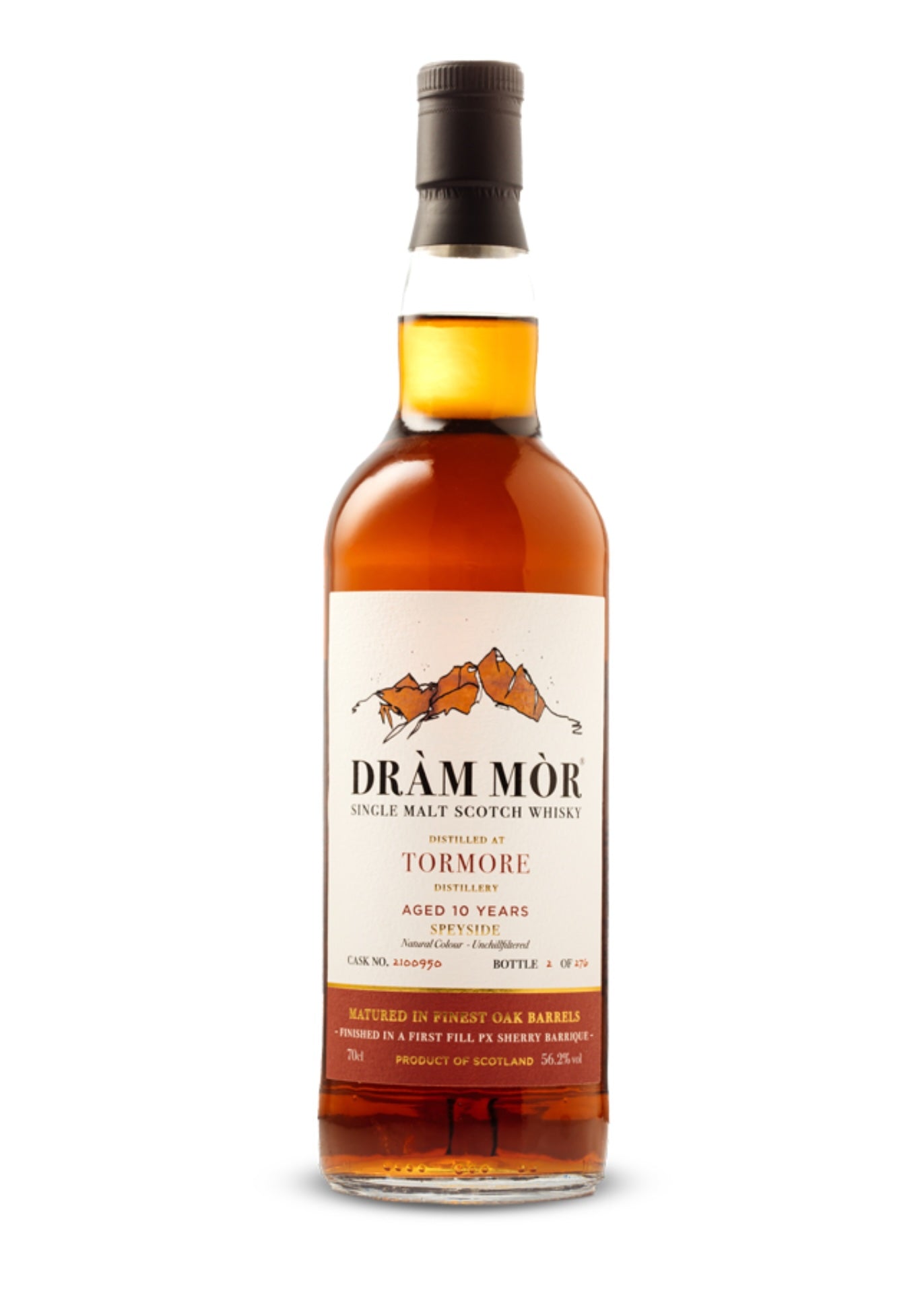
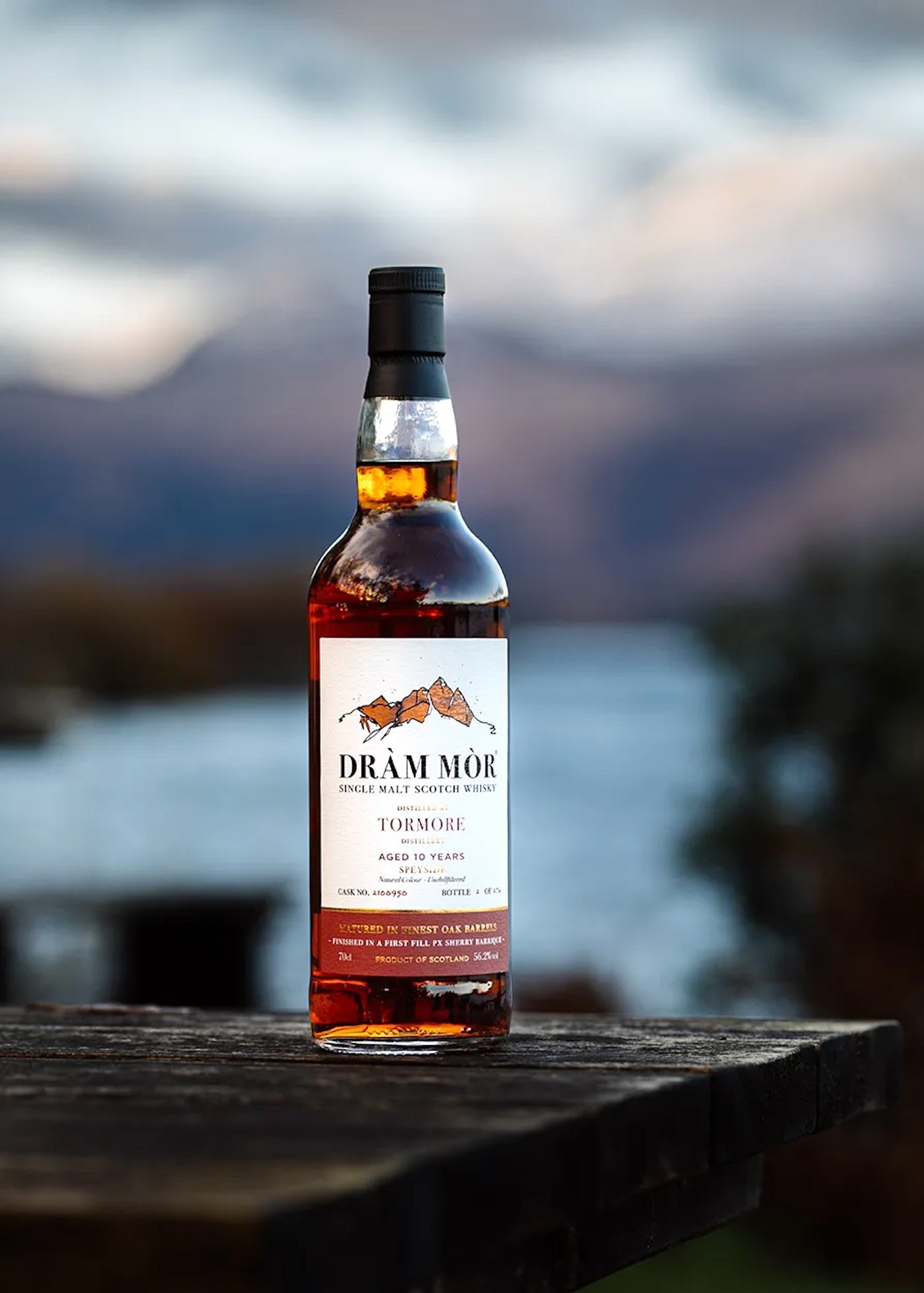
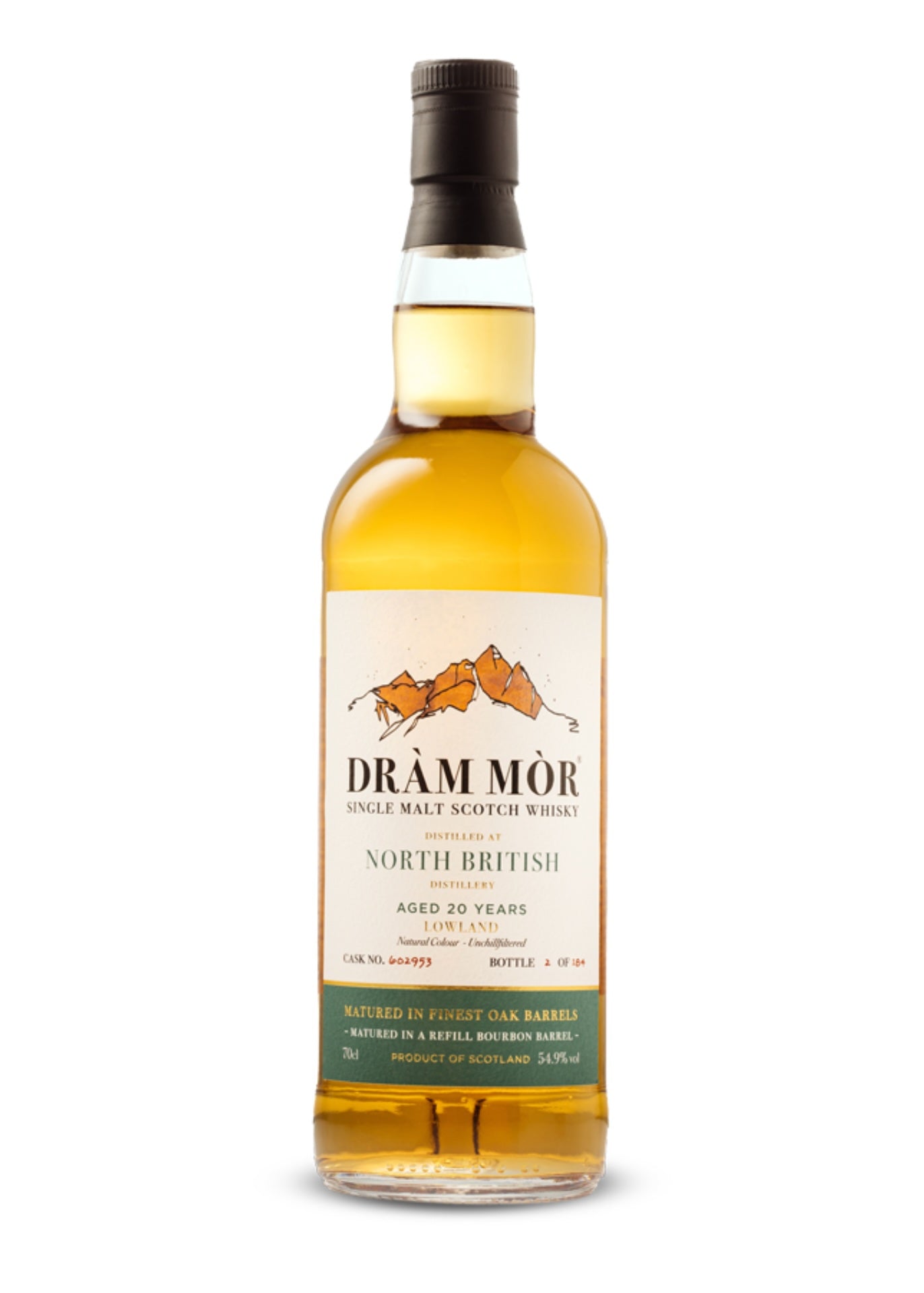
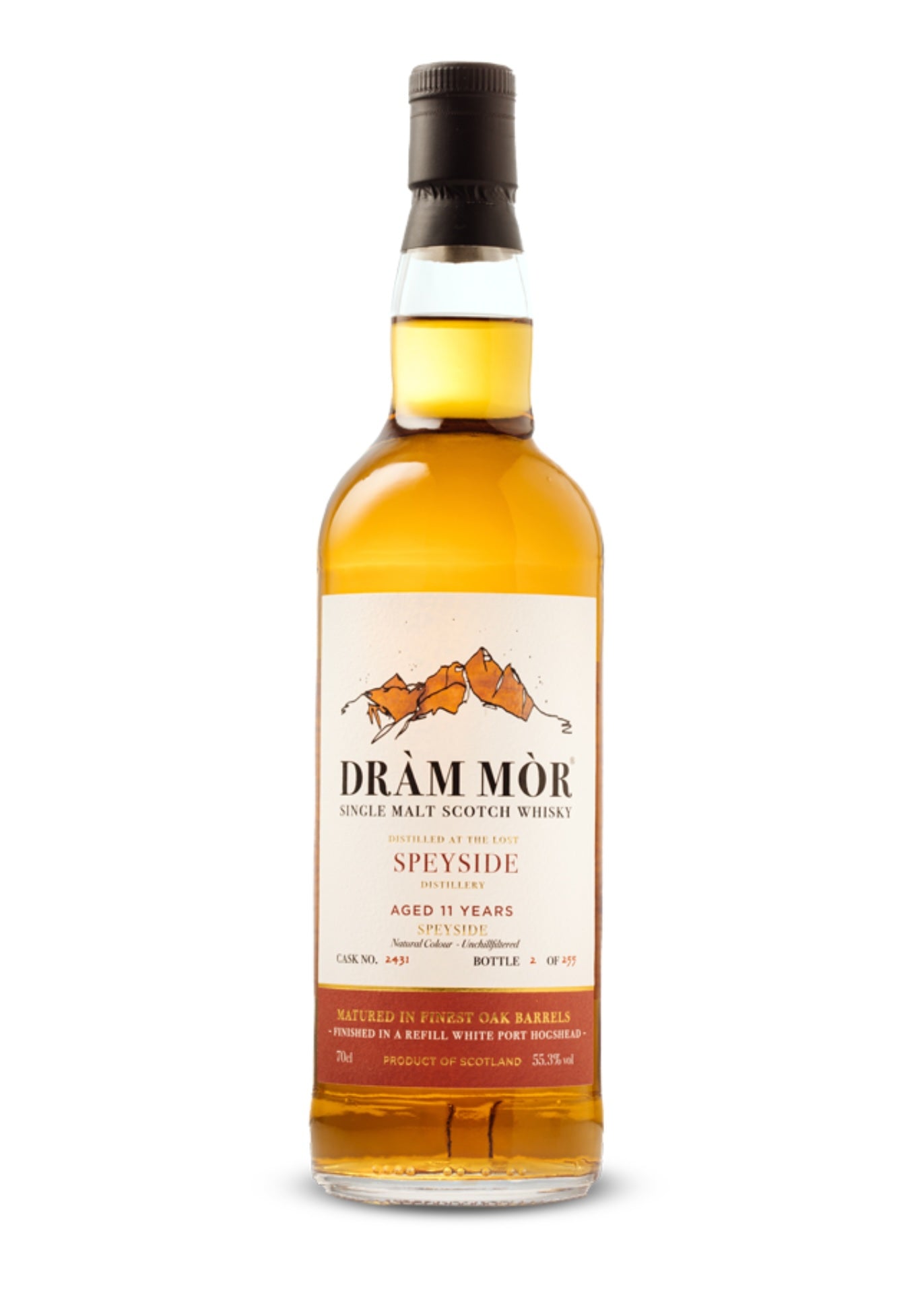
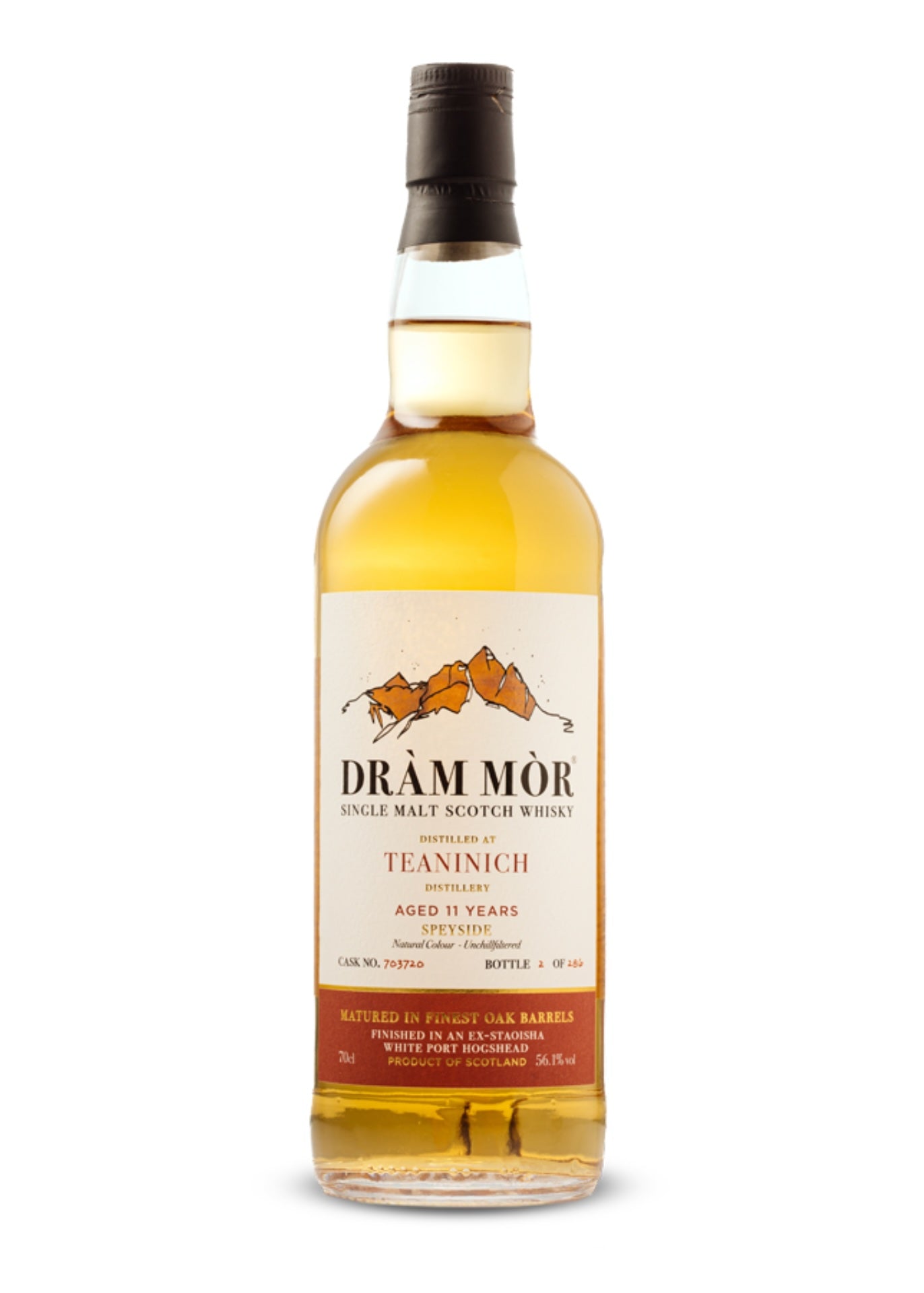
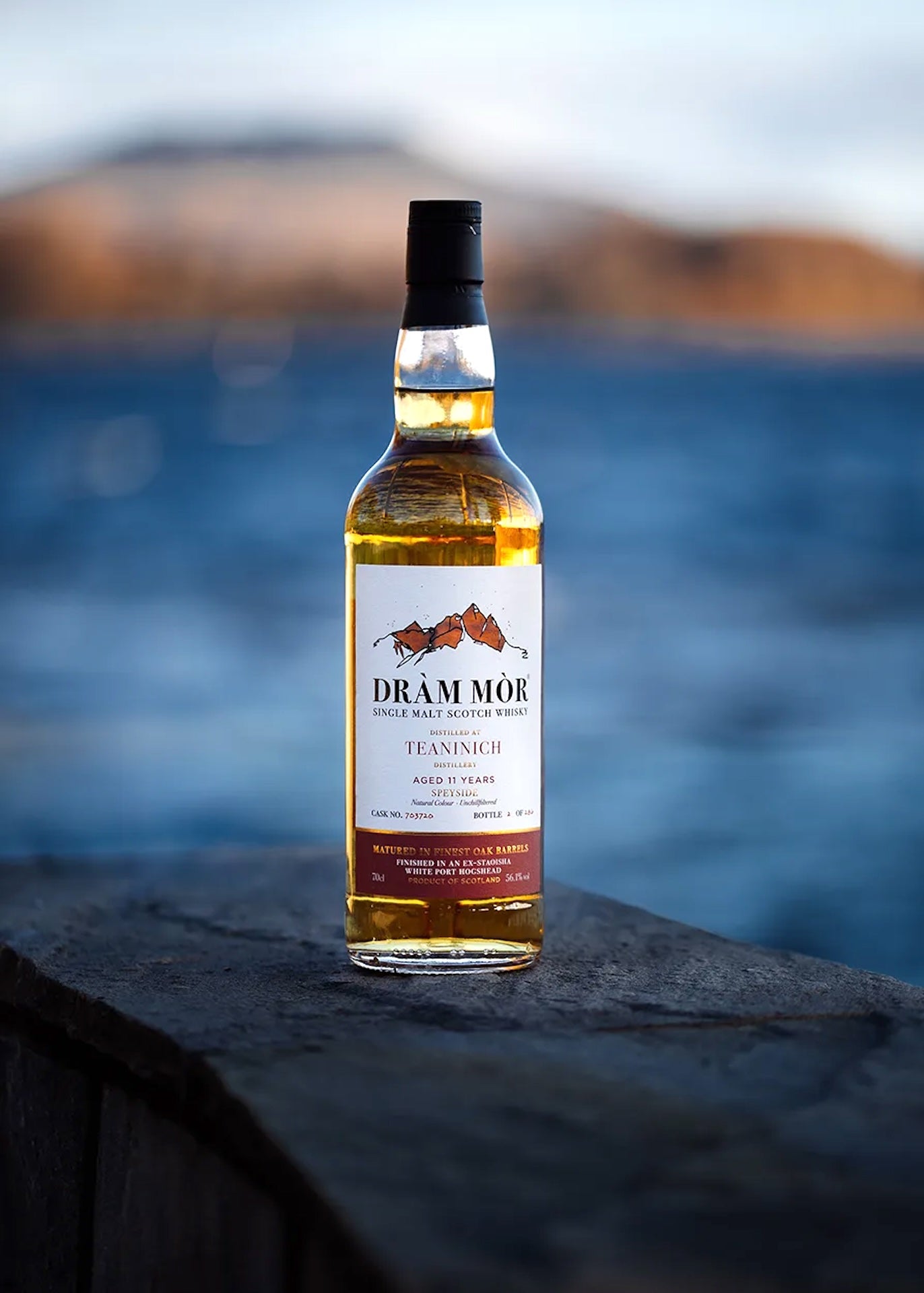
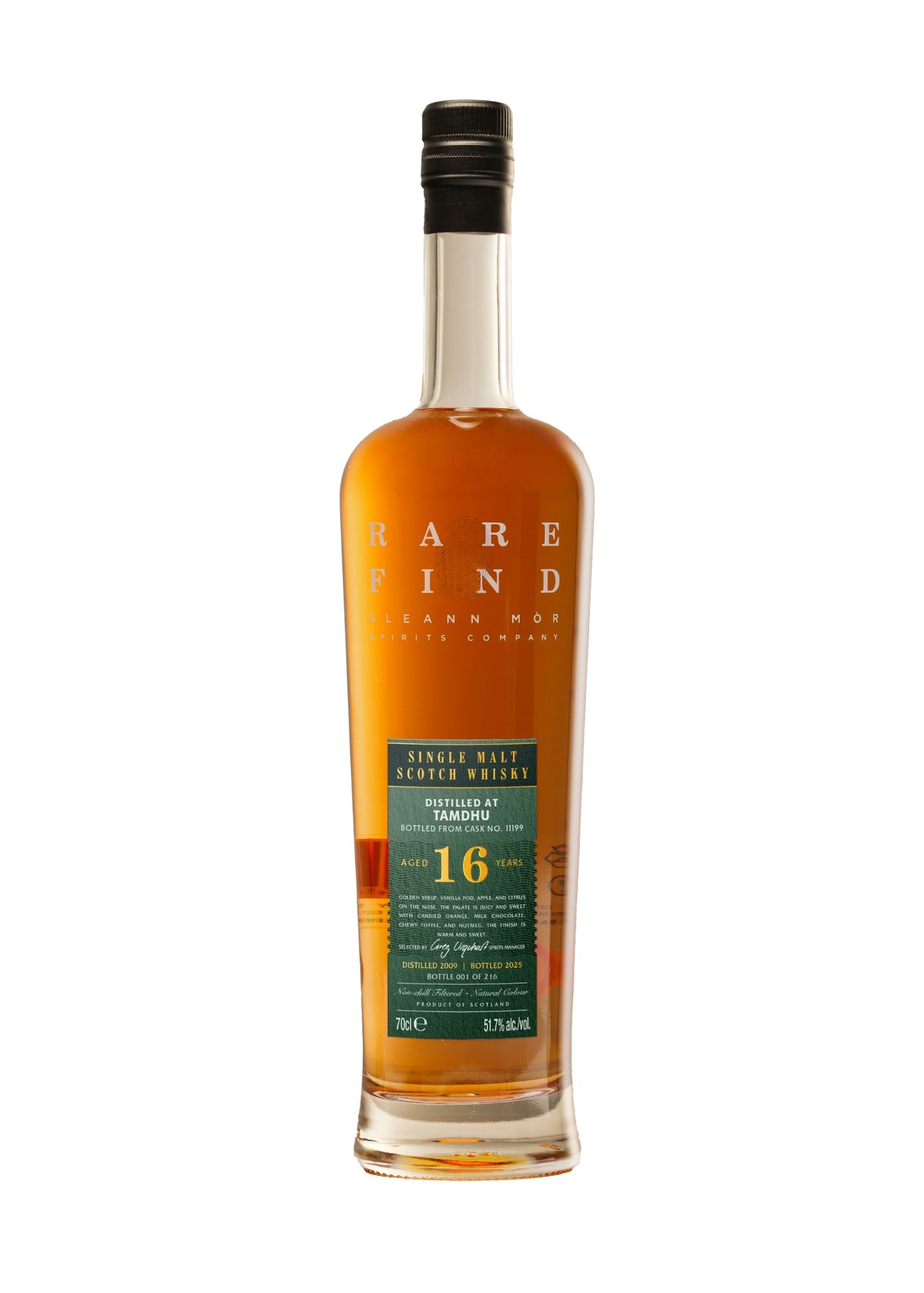
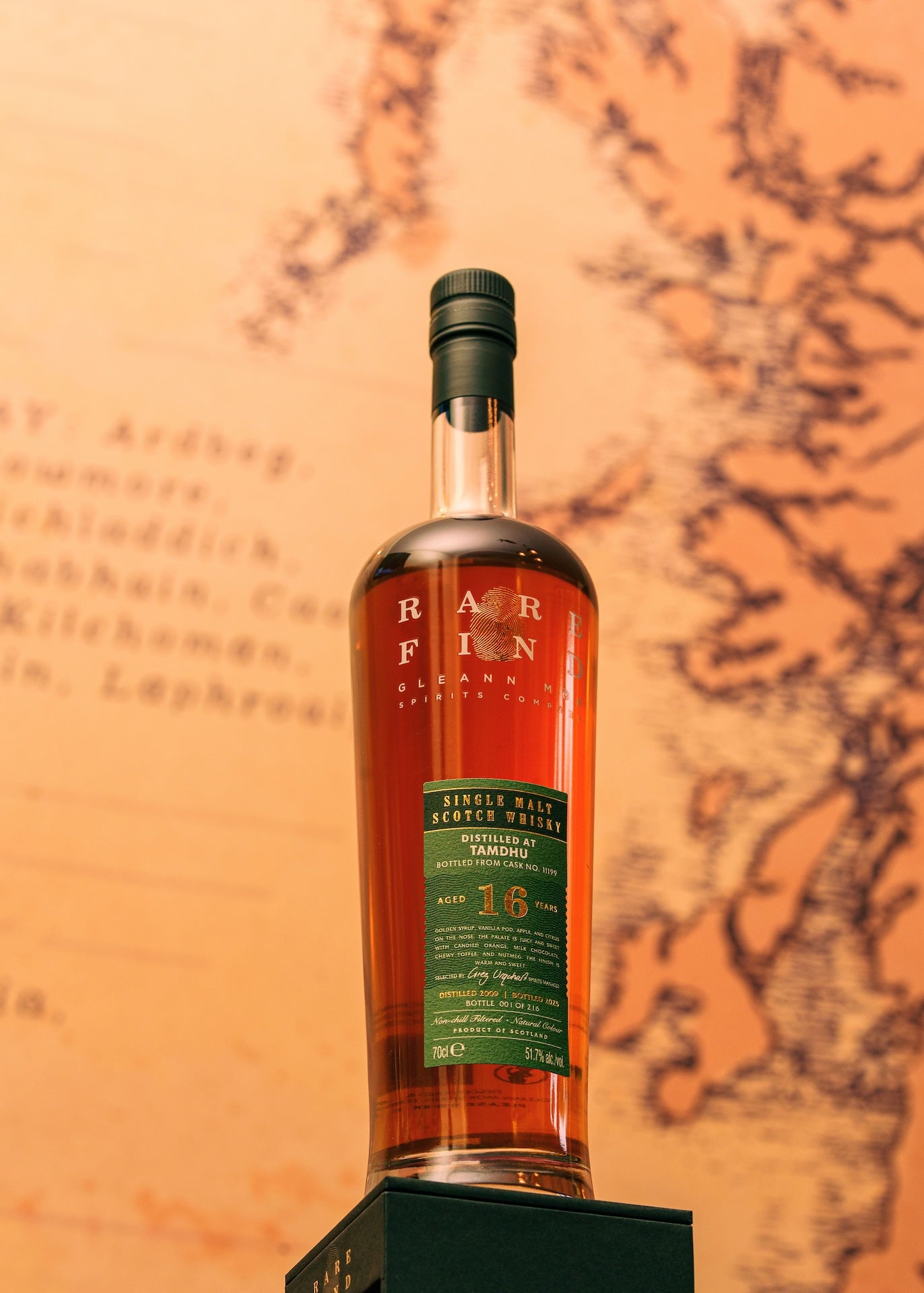
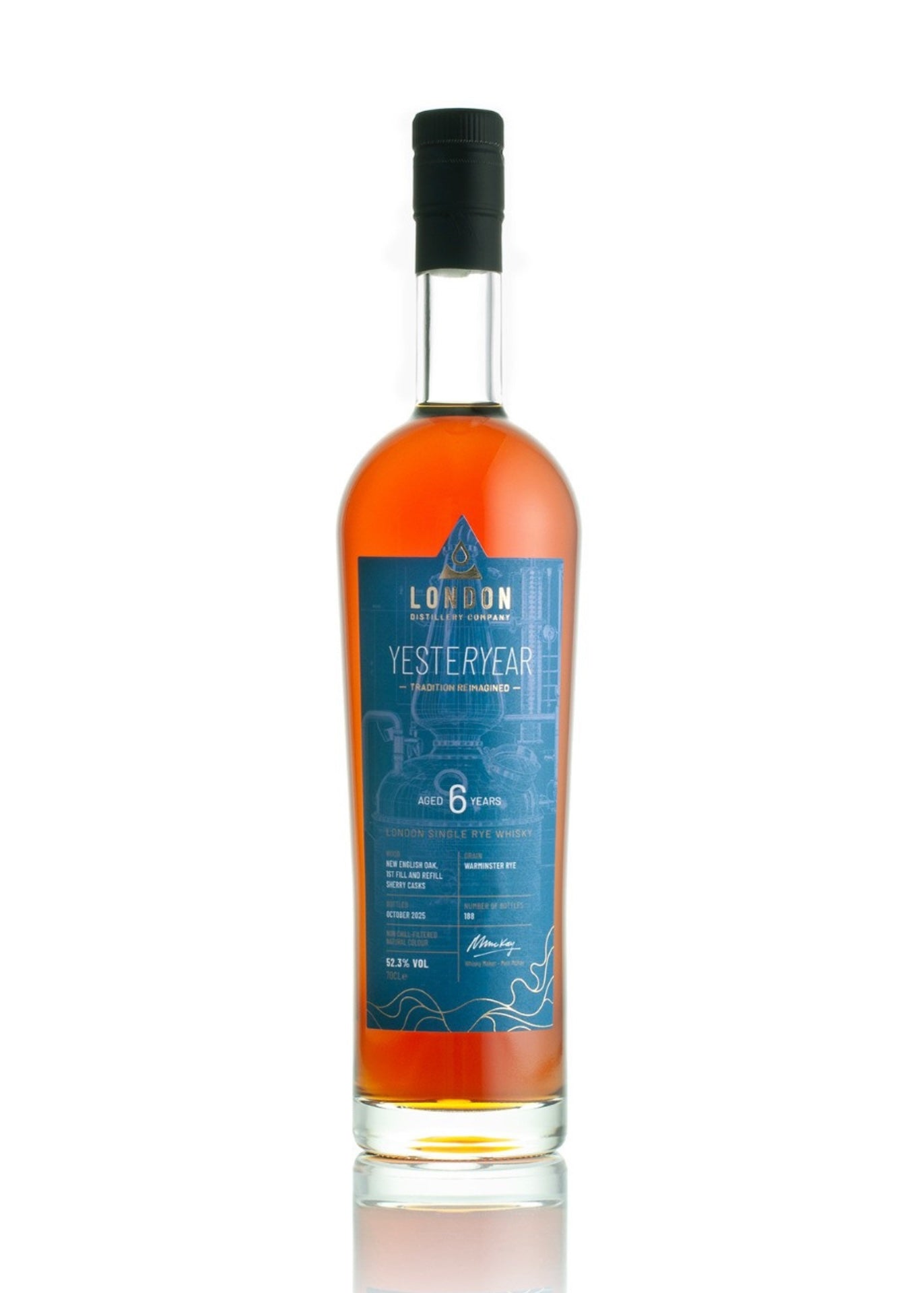
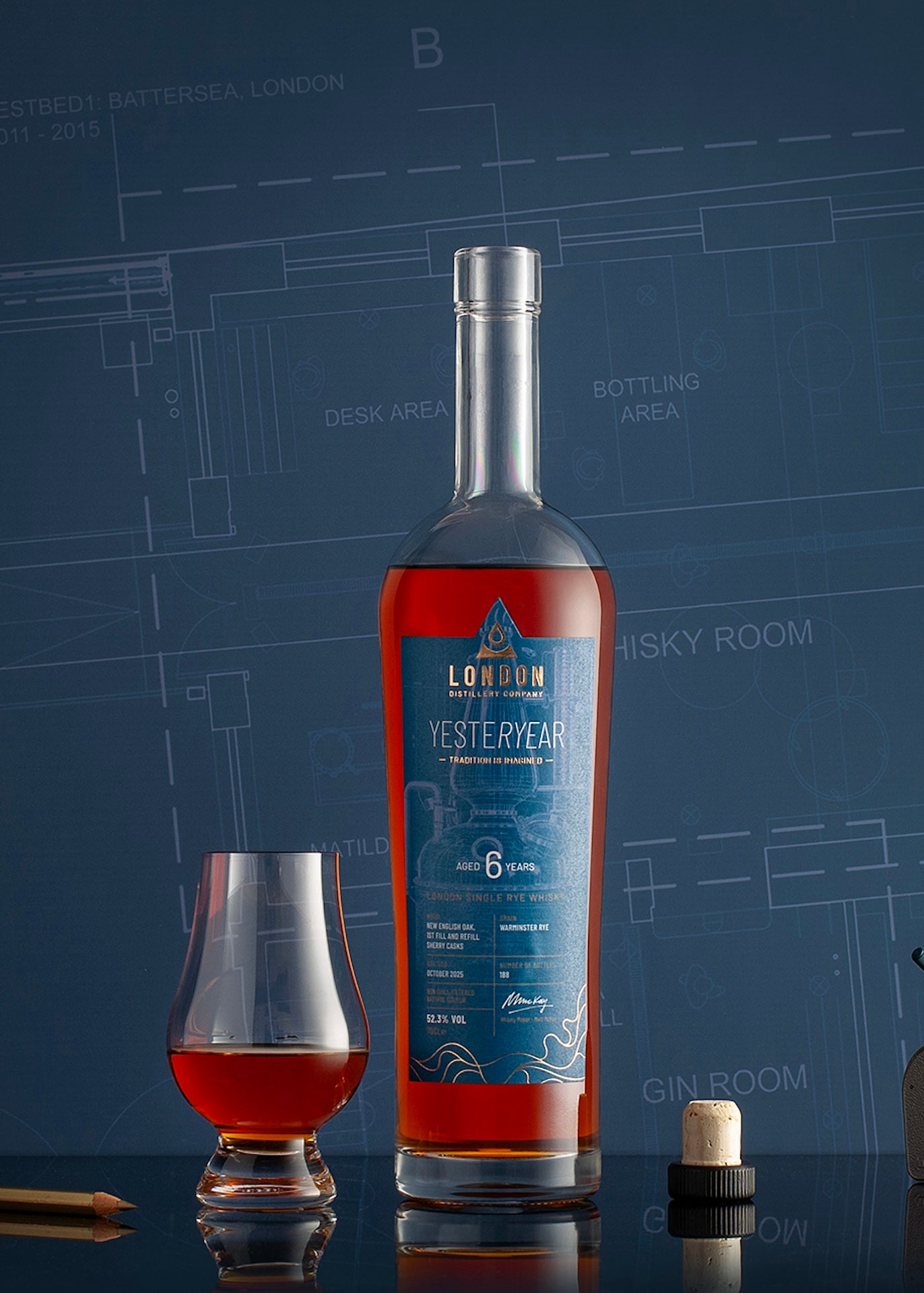
Leave a comment
This site is protected by hCaptcha and the hCaptcha Privacy Policy and Terms of Service apply.